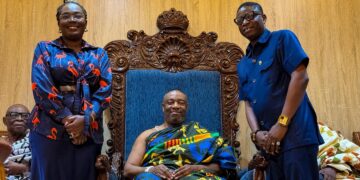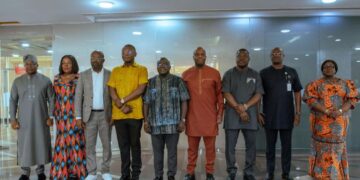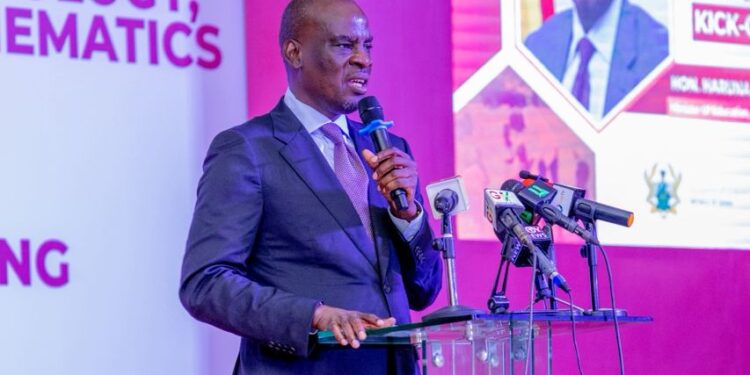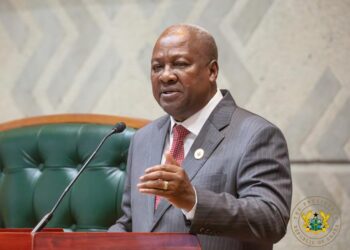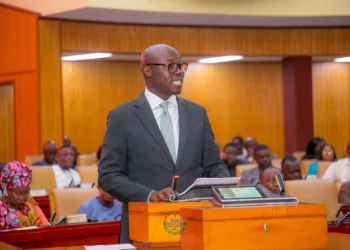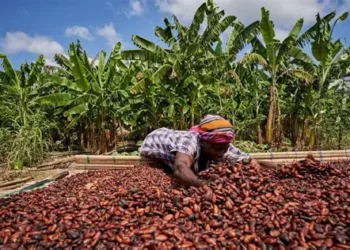Government has officially launched the Basic Science, Technology, Engineering, and Mathematics (BSTEM) education programme to strengthen STEM learning across all basic schools in the country.
The initiative was unveiled on Monday, August 18, 2025, in Sunyani by Education Minister Haruna Iddrisu, who described it as one of the Ministry’s top priorities in laying a strong foundation for pupils at the basic level.
Mr. Iddrisu explained that the programme builds on earlier efforts that began between 2012 and 2016 under former Education Minister Prof. Jane Naana Opoku-Agyemang, when a review was conducted into the challenges of teaching Science and Mathematics.
That process gave birth to the Basic Science and Mathematics Project, which later evolved into BSTEM to align with global educational trends.
According to the Minister, the BSTEM initiative aims to shift education away from rote memorization towards inquiry, problem-solving, and creativity, while ensuring teachers are equipped with modern tools, training, and methods to deliver STEM effectively.
“Central to this vision is the teacher,” he said. “No matter how well designed, a curriculum cannot succeed without modern teacher training that equips teachers with the knowledge, tools, and confidence to deliver STEM at all levels. This BSTEM programme is, therefore, critical. It ensures that our teachers are up-to-date with 21st-century methods and skilled in integrating technology and innovation into their teaching.”
He stressed that investing in STEM at the foundational stage will prepare Ghanaian children to become innovators, scientists, and engineers capable of addressing national challenges in food security, climate change, health care, and renewable energy.
Mr. Iddrisu further noted that the programme represents a national investment in the country’s future competitiveness, adding that the Ministry will continue to provide teachers with the training, infrastructure, and resources required.
“Let us remember that STEM is not only about laboratories and formulas but about building a nation. It is about finding solutions to our everyday challenges, from food security to climate change, health care, and sustainable energy. It is about equipping the Ghanaian child not only to consume technology but to create it,” he concluded.
Source: Starrfm.com.gh

